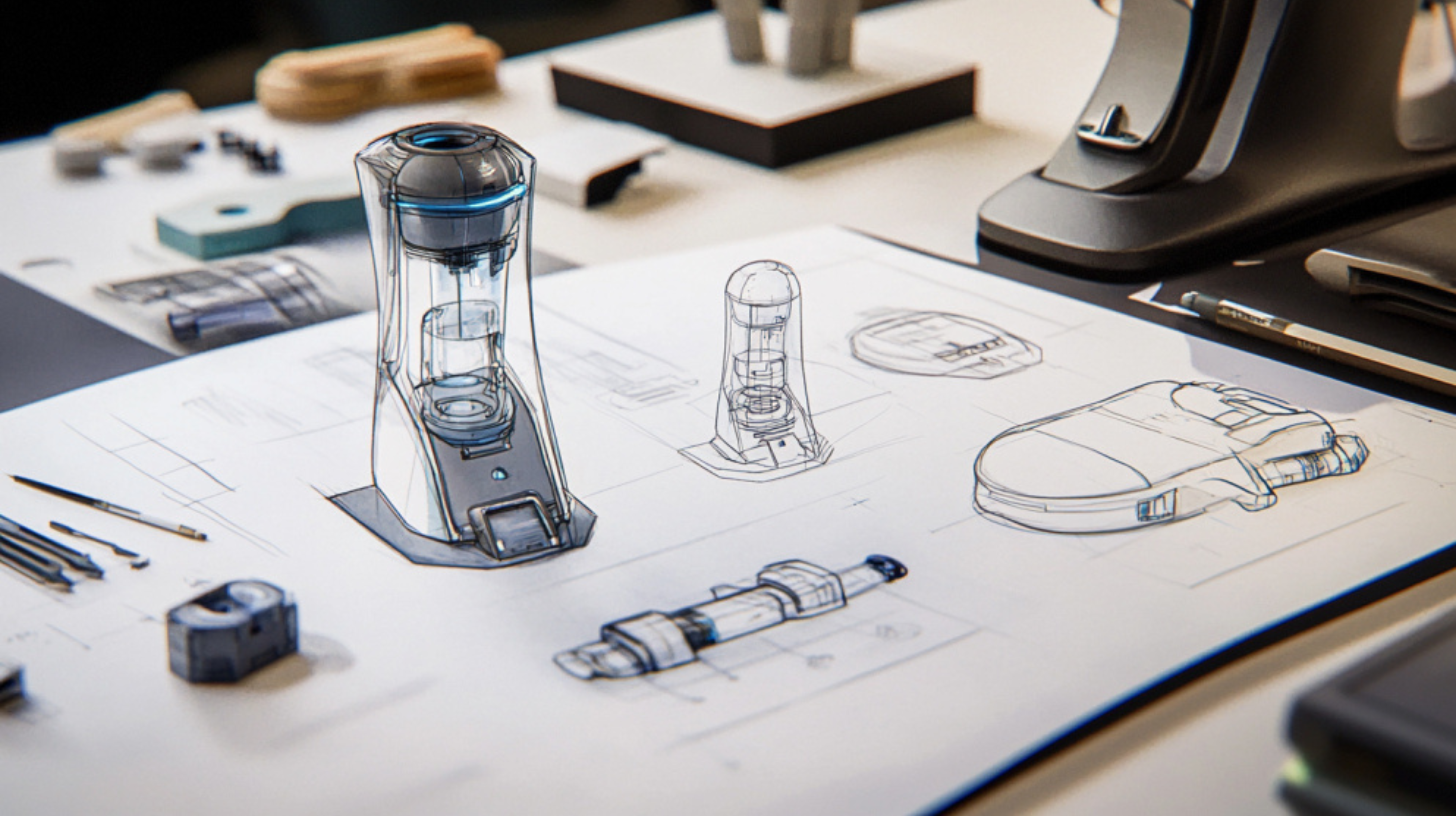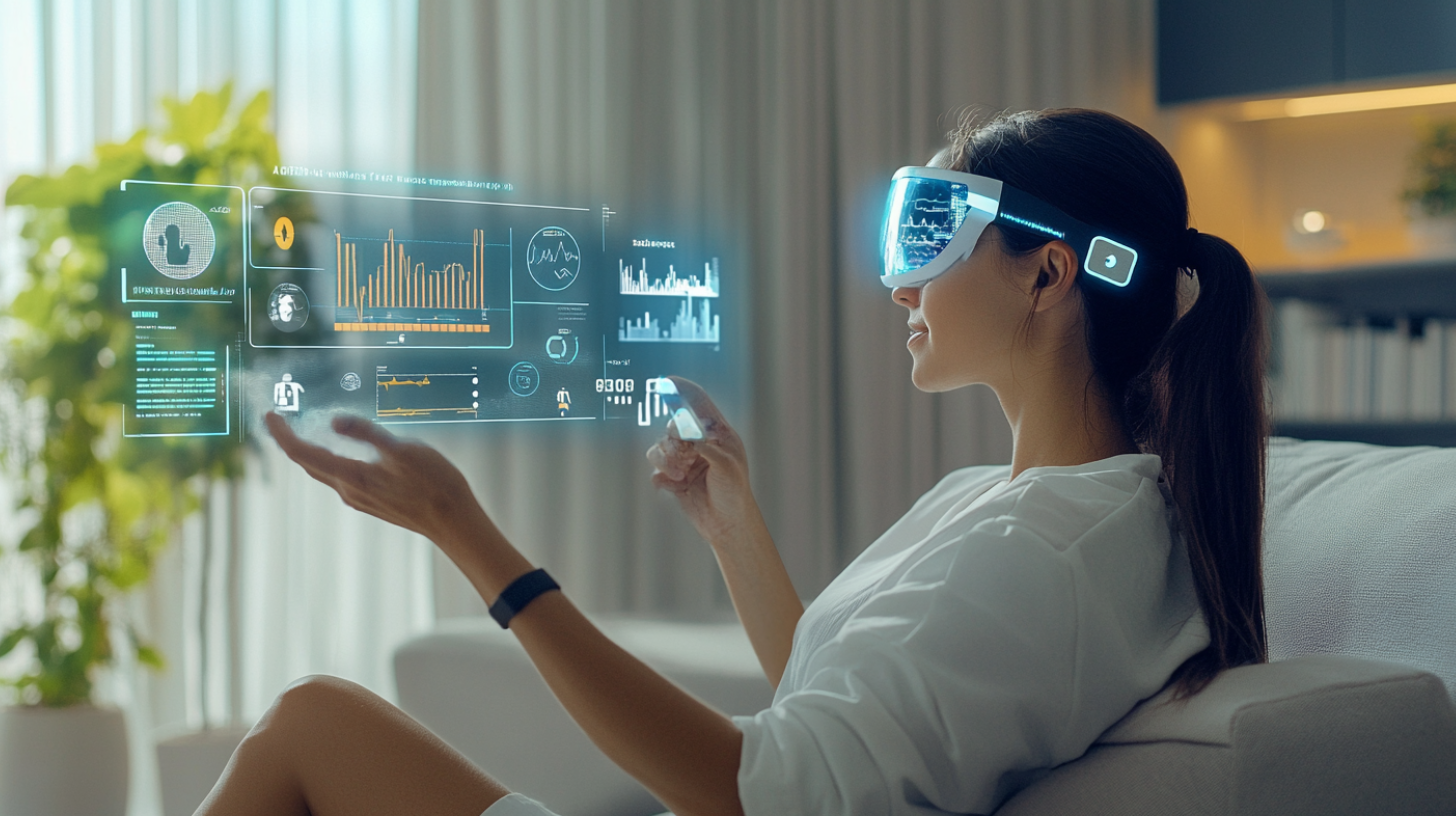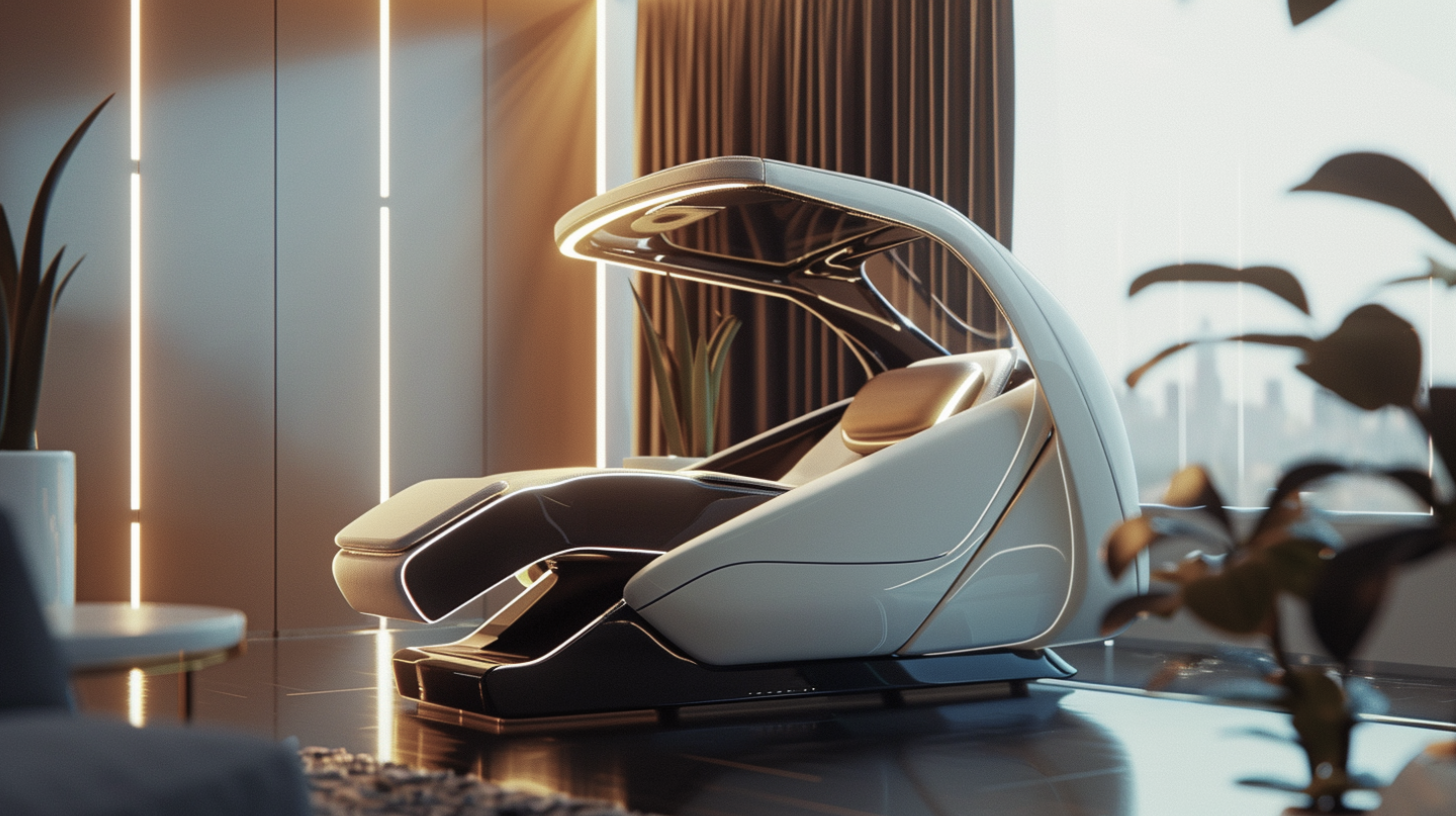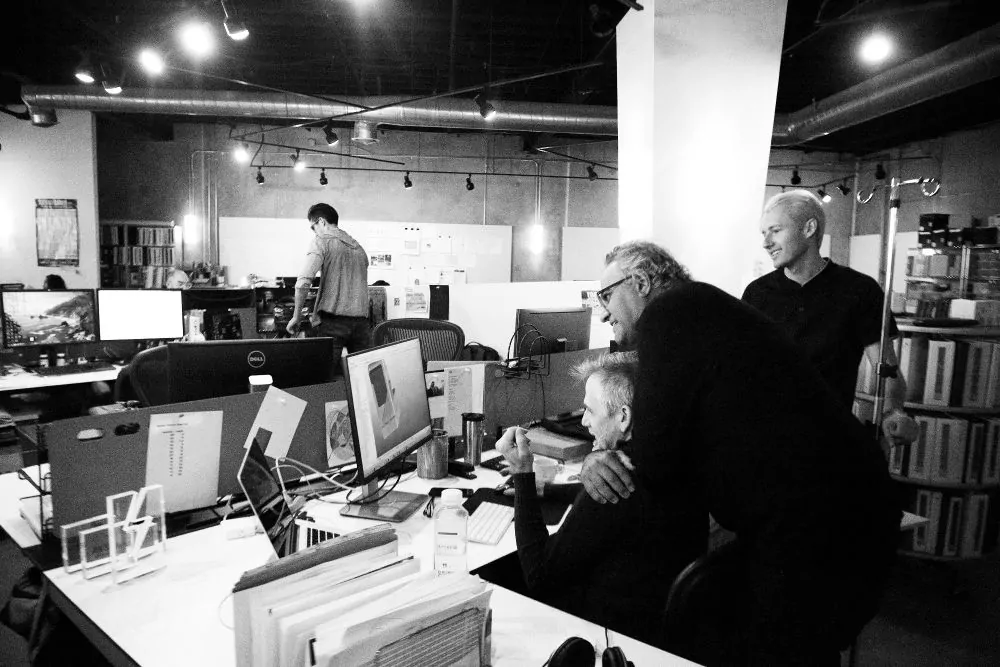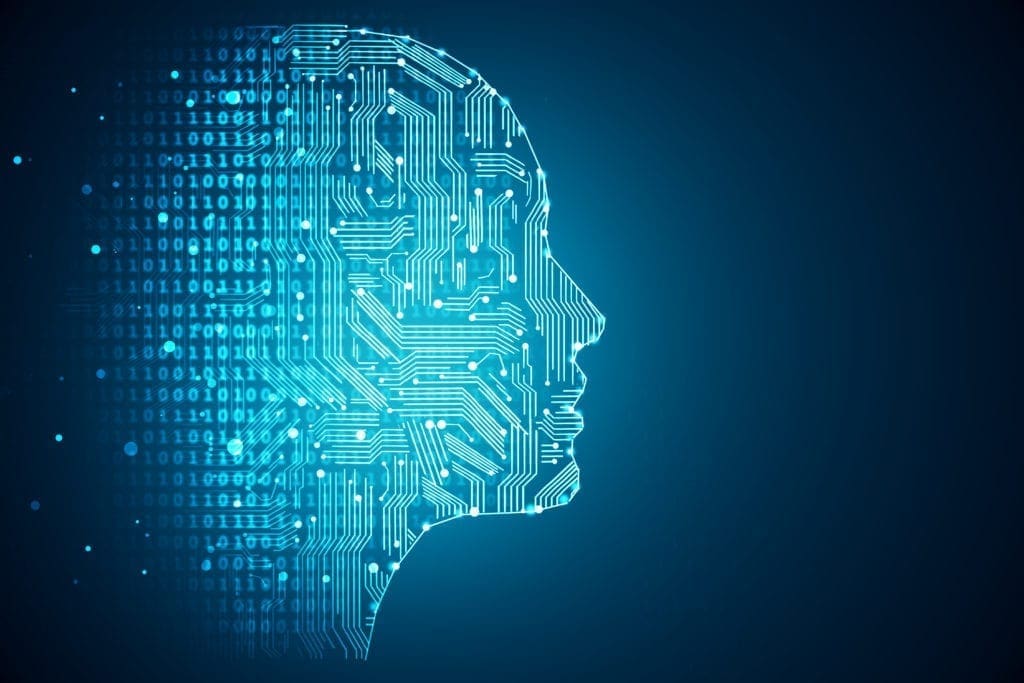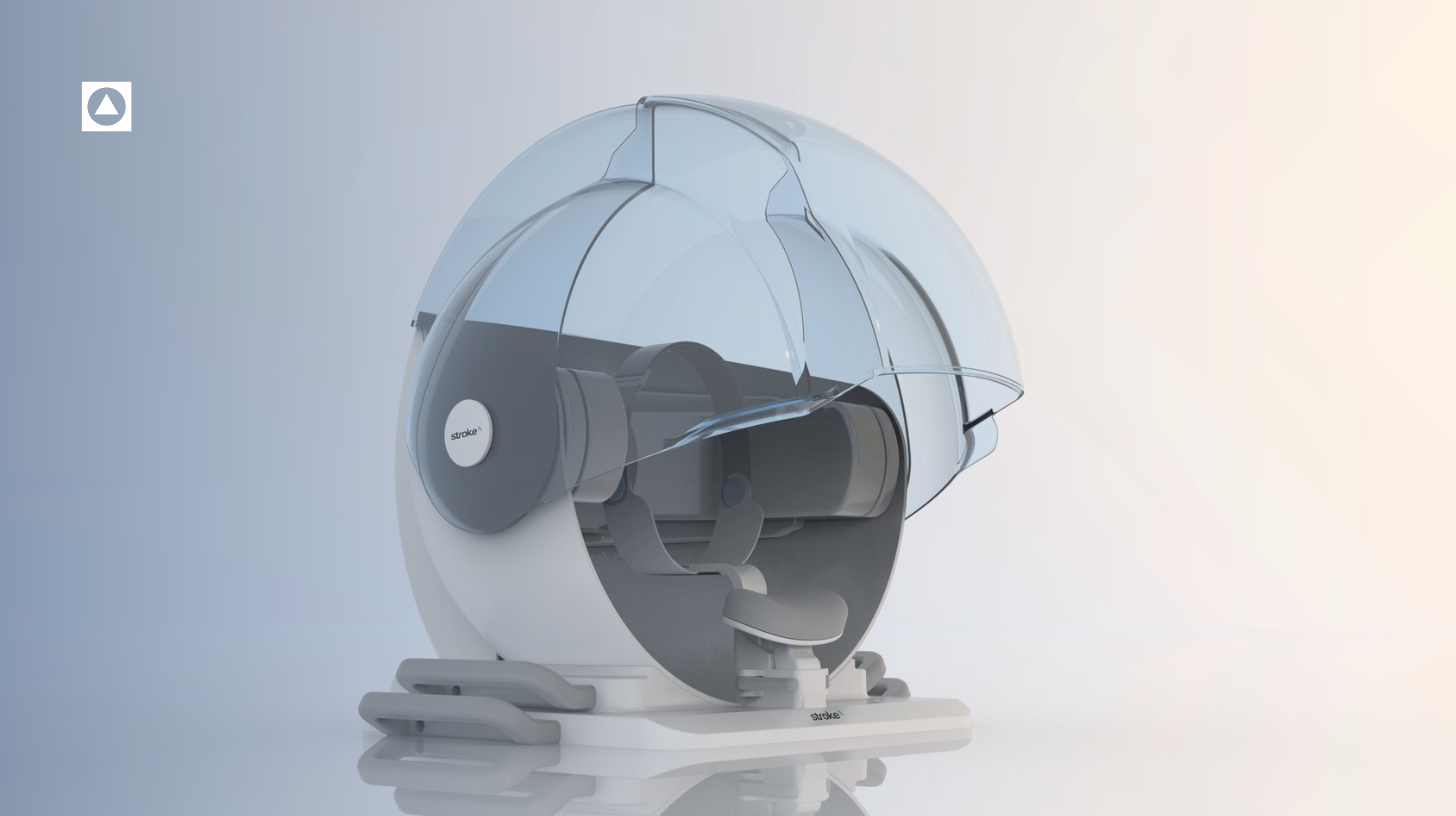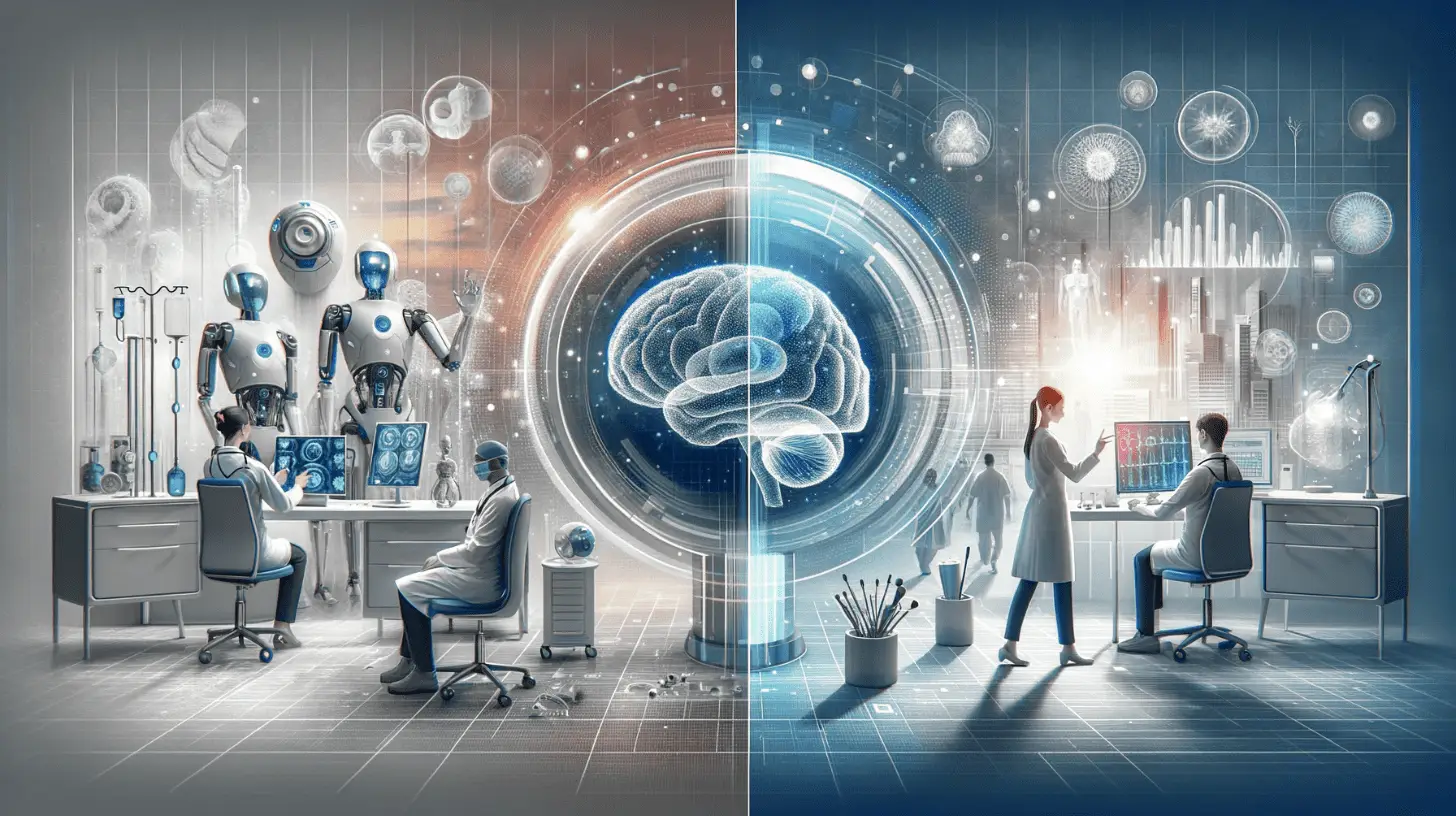When we discuss how design is going to intersect or be affected by artificial intelligence the conversation almost inevitably drifts towards the loss of jobs. Will the algorithms replace industrial designers, engineers, researchers? Yes. Not entirely of course, and due to the complexity of the work it will take a little longer to replace some of the jobs than others, however, we are only in the very beginning stages of AI, and they can already compose music, write articles, win complex games, and most recently design themselves.
Creativity is complex, but at its core, is a form of intelligence, of information processing. Eventually, even this will be possible and will surpass human capability. That is why I get bored when the conversation revolves only around the loss of jobs. This is an inevitability, a very scary one, and one that needs creative thought. What is the world going to look like when narrow and some more general AI can complete 80 percent of the jobs? The conversation around design and AI should be focused on what our generation of designers can do to direct a future that is closer to utopia than dystopia. Design thinking needs to turn a portion of its attention to the human experience when “designers” are no longer required.
The scariest part of a society without jobs is not the economy in my opinion. If or when we get to that point, we should have the intelligence, artificial or otherwise, to keep everyone out of poverty and increase the standard of living across the globe. Things like food production, logistics, housing, and wealth distribution are all critical challenges and will need to be addressed. This important work has already started. Even in the US, we now officially have a presidential candidate, Andrew Yang, running on a UBI (Universal Basic Income) platform, or as he calls it the “Freedom Dividend.” Although these are challenges, the real challenge is going to be human happiness.
More people today live above the poverty line than ever before; unfortunately, we still have far too many below, but if trends persist, this could be a thing of the past. The crazy thing is, some of the wealthiest societies in the world have increasing suicide, depression, and anxiety rates. How is it that possible?
Happiness is the product of self-actualization. Once basic needs are met, where do we turn to fill our time and search for value? The primary source of this comes from relationships and in our society, work. Most of a person’s self-worth is tied to work. It brings value to their lives and connects them to others and society.
So, what does society look like when work is no longer needed? This is the question we need to turn our design thinking minds towards solving, and preferably before the algorithms do it for us, although like many other things, they may be able to do this better for us than we can for ourselves.

